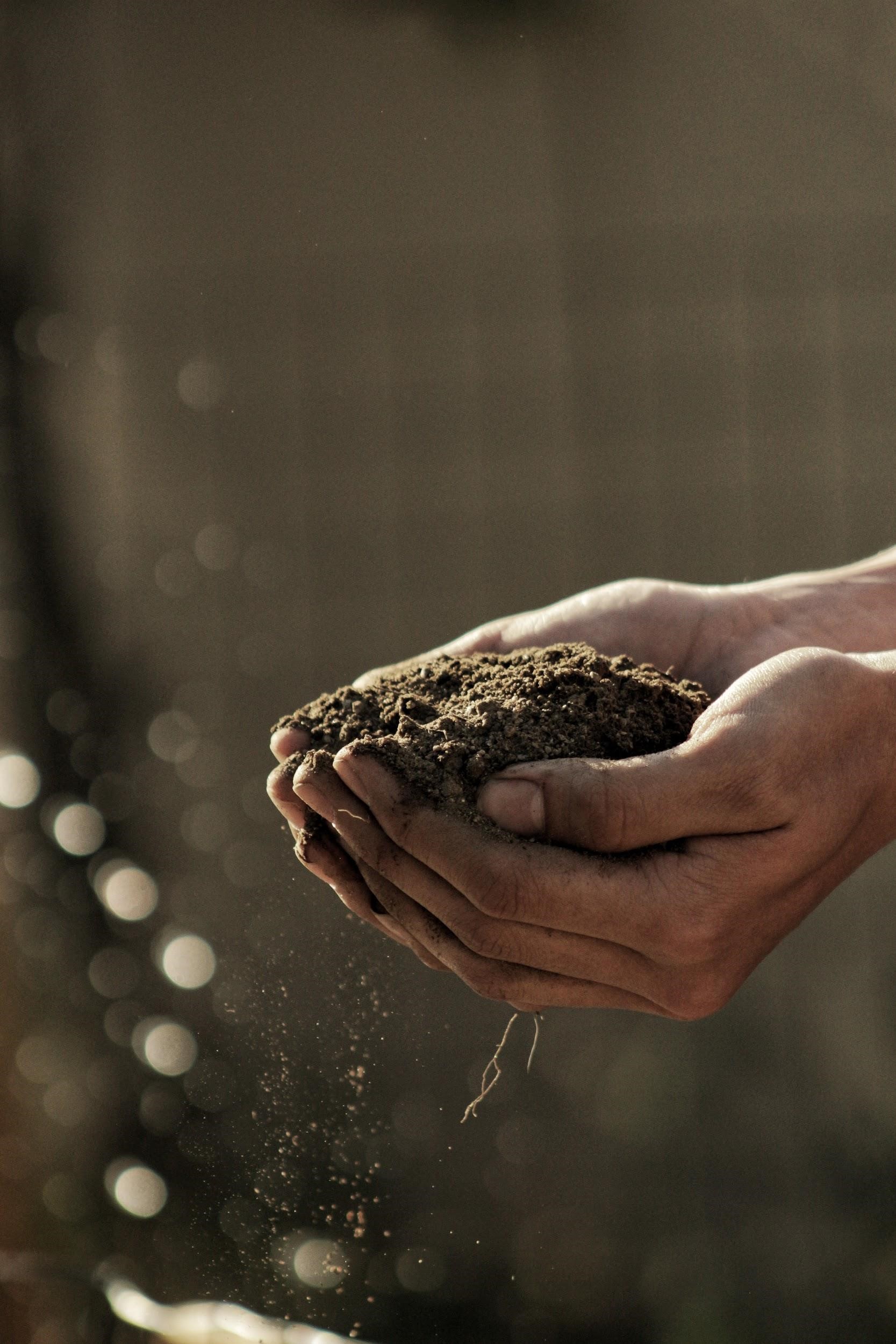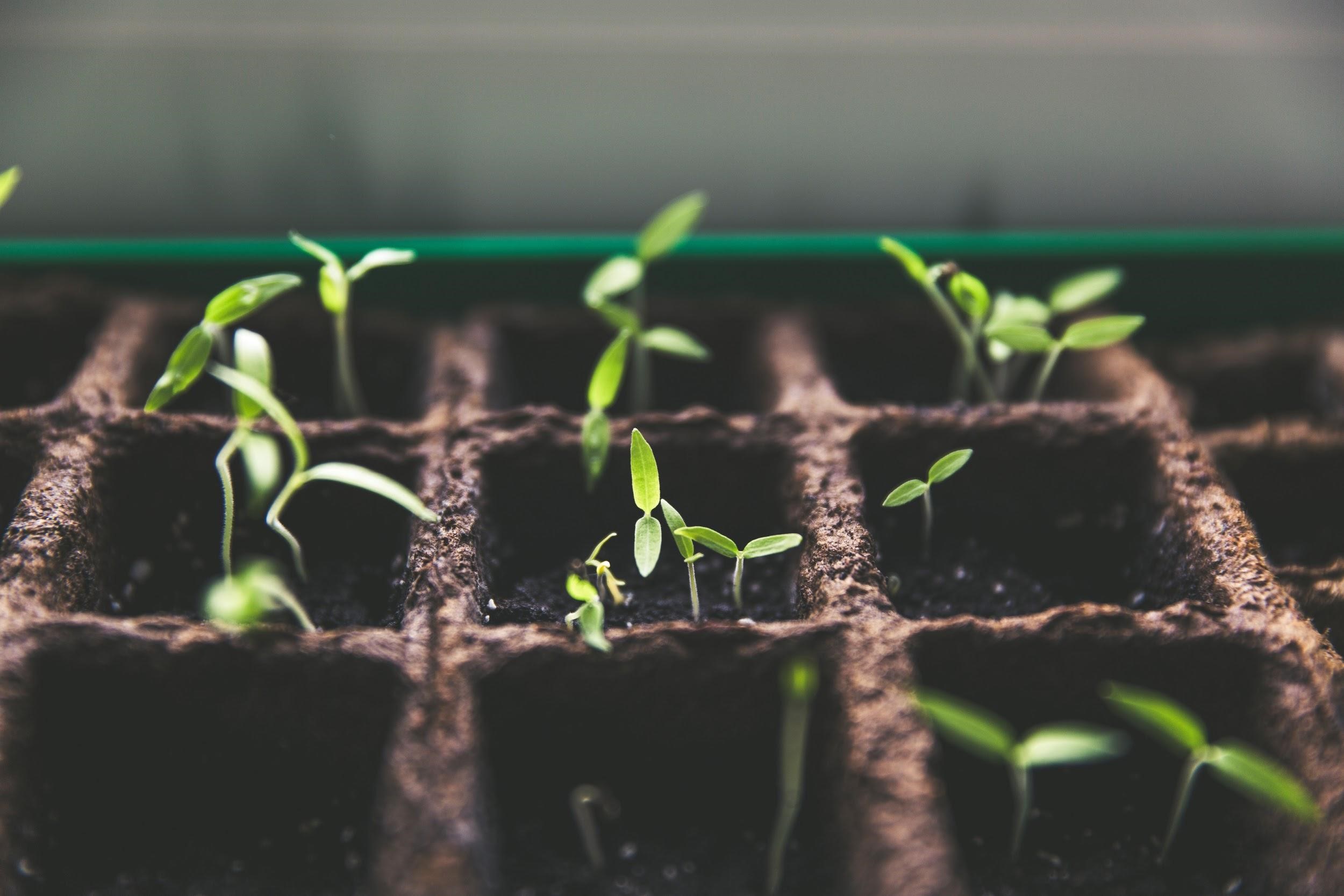By: Amir Khosrodad, Walt Whitman High School
Compost, compost, compost! But how and why? There is value in the reduction of home waste output by 30% (1), practicing environmentally healthy practices, and teaching children about waste efficiency. Don’t forget the free garden fertilizer.
So what is compost? How can I make it at home? First and foremost; compost, as defined in the dictionary, as “a mixture that consists largely of decayed organic matter and is used for fertilizing and conditioning land” (2). There are two types of compostables: “brown” compost, which consists of paper, dead leaves and cardboard; and “green” compost, which consists of food scraps, grass clippings, and other organics. There are many applications such as gardening, farming, and tending to your flower bed, all of which will show immediate as well as long term benefits, with a little bit of effort. Check out organizations like the Institute for Local Self Reliance for more backyard composting information.
When composting at home, there are a few things to consider:
Composting Bins
There are many types of bins, ranging in price and size, with many accessories and functions that can leave composters confused. The whole process can be described as overwhelming, so let’s break it down.
Where to put them: Typically bins are kept outside, on the patio, in the backyard, or even on the roof! If you are planning on composting on-site, the bin should have a locking function and be animal-proof, it’s best to keep it outside.
Cost: Bins come in many different forms and so does the pricing! Bins can range from $30 to $300. Make sure to do your research and chose a bin that will suit your needs. There are other bins such as tumblers, and rollers that may make the job much easier, but the tradeoff can be a hefty price. Try selecting a regular bin for $20-$30 and schedule time to maintain the compost and bin.
Quality of life
Smells and odor: A popular concern with back yard composting is the smell. Compost that is regularly turned and cared for won’t give off any smell. A typical odor can occur from the methane released in anaerobic digestion. If you take proper care of your compost (aerate it twice a week, and keep it moist) aerobic digestion will take place, and keep the compost from smelling unpleasant.
Wild Animals: Naturally, with keeping rotting food outside, raccoons and other pests are an issue and need to be addressed. Keep a lockable or sealable lid over the bin at all times and those creatures won’t be a problem.
Alternative to On-Site composting
If backyard composting is not an option, another alternative is to have your compost picked up as your normal trash and recycling would be. There would be no bin maintenance, no risk of odor or unwelcome pests, all your food scraps and compostable waste would simply be put into a separate bin (with a compostable liner) and left to be picked up each week. Companies like The Compost Crew offer a compost collection service which provides at-home weekly pickups, bins and compostable liners, bin cleaning, and free compost all for $32 a month!
If being environmentally friendly is at all attractive to you then composting is a great first step into that lifestyle. When residents were asked why they should start composting, they answered there is no greater satisfaction than that which comes with knowing that you’re doing your part to save the world, no matter how small the part.
References
- Composting At Home. (2018, October 16). Retrieved from epa.gov/recycle/composting-home
- (n.d.). Retrieved from https://www.merriam-webster.com/dictionary/compost







